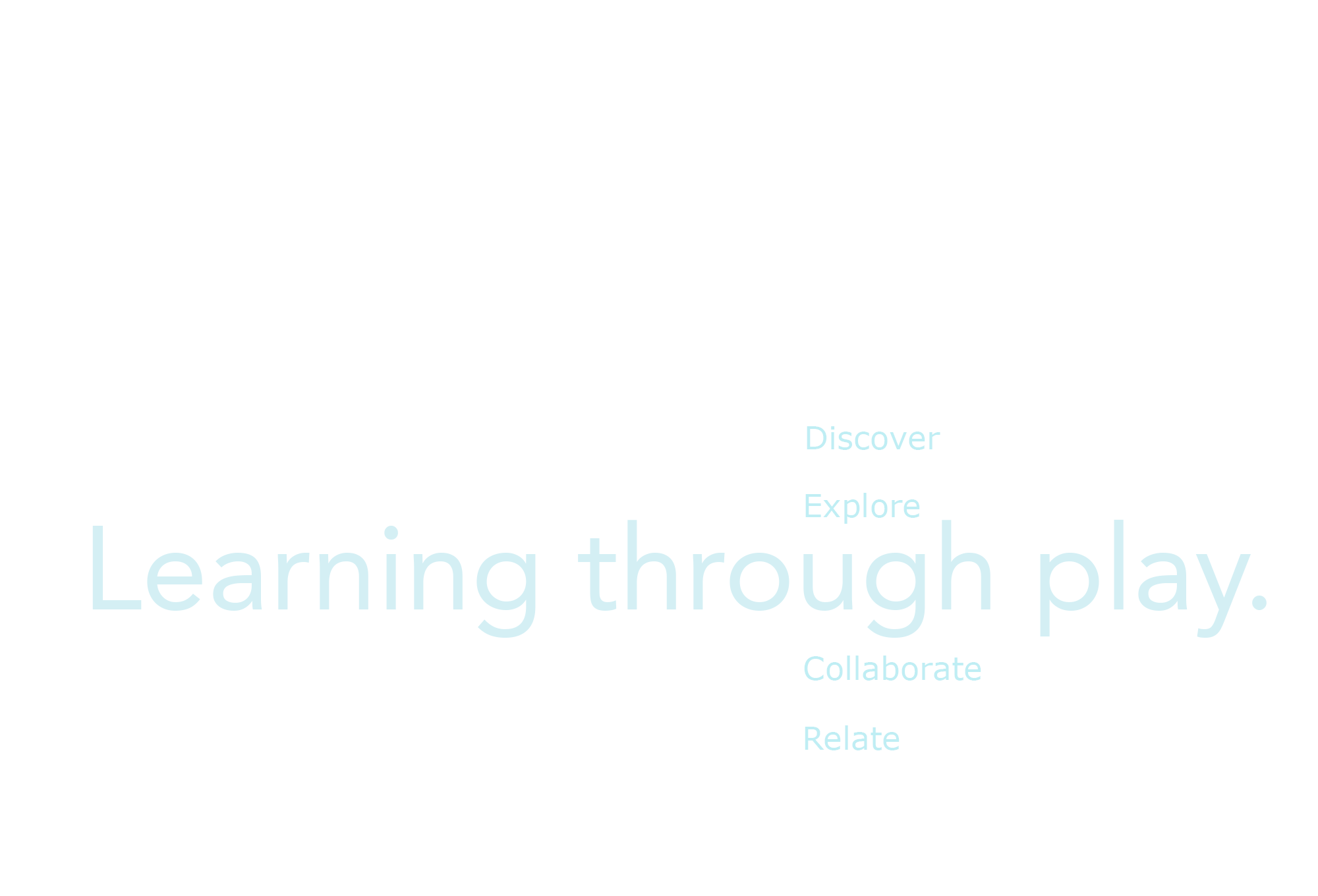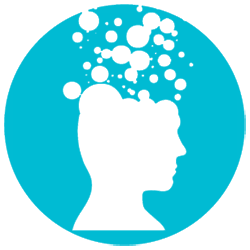
Early Learning centre
In the Early Learning Centre (ELC), children acquire a variety of important skills, knowledge and attitudes that will enhance their future participation in society.
A POSITIVE EARLY EXPERIENCE with school is ensured by a dedicated classroom teacher and aide who work with with children at their specific stage of development. Students spend their day learning in the way that is most appropriate for children: through play. Learning is supplemented by specialist teachers in music, art, physical education and Spanish. Our approach is holistic and acknowledges that every child is unique.
Classes
Little Dragons Preschool
Ages 18-35 Months (To Enter)
8:30 am - 12:30pm or 2:45 PM
Junior pre-K
Ages 3-4
8:30 am - 2:45 PM
Pre-K
Ages 4-5
8:30 am - 2:45PM
Kindergarten
Ages 5-6
8:30 am - 3:05PM
Our Little Dragons Preschool
At LCIS, we offer a play-based curriculum in our Little Dragons Preschool, where students acquire important skills and knowledge that set the foundation for future learning. Young learners receive specialist instruction in swimming, music, Spanish and gymnastics. Students must be 18 months-35 months to enter.

How we learn
The Early Learning Centre (ELC) follows the International Baccalaureate Primary Years Programme (PYP) curriculum beginning in Junior Pre-Kindergarten and focuses on big ideas that help the students understand the world around them and their place in it. Students develop a solid foundation for future literacy and numeracy.

“Teachers must value the reason for an answer more than the correctness of an answer. A PYP teacher helps students make connections so children understand more than knowledge as they construct deeper conceptual meaning.”
The IB Learner Profile
A set of attributes developed throughout all ages of the IB curriculum that help members of the school community learn to respect themselves, others and the world around them.


Play-Based Learning
Students explore their environment and learn about the world naturally through play. Play-based learning is a perfect match for a future IB education because it fosters curiosity, relationships, symbolic expression and independent thinking.

“Using the inquiry cycle - wondering, investigating, examining, and sharing - builds students’ deeper understanding of the concepts.”

Inquiry is an authentic way for students to explore and understand the world using play, problem-based learning, collaboration, experimentation and explicit teaching. Inquiry nurtures the development of curiosity to allow children to build deeper understandings as they embark on a lifelong journey of learning.
Inquiry-Based Teaching & Learning
2
Teachers Per Class
18
Months Old to Start Preschool
4
Specialist Teachers
1:20
co-curriculars available for our youngest learners
Other ELC Features
Language
•
Field Trips
•
Assessment
•
Technology
•
Physical Education
•
The Arts
•
Library
•
Co-Curriculars
•
Student Support
•
S.T.E.A.M.
•
Language • Field Trips • Assessment • Technology • Physical Education • The Arts • Library • Co-Curriculars • Student Support • S.T.E.A.M. •
-

Language
All students study Spanish, starting in Preschool, with 20 minutes of instruction four days per week. The class length increases to 30 minutes in Pre-Kindergarten and then 45 minutes in Kindergarten.
-

Technology
Students explore learning and apply skills with a variety of tools, including technology. All students in the ELC have 1:1 access to iPads in the classroom.
-

Field Trips
Field trips play a role in linking classroom-based inquiries to the larger community, the outdoors and our environment.
-

Assessment
Formal and informal assessments allow teachers to support and enhance student learning. Junior Pre-Kindergarten, Pre-Kindergarten, and Kindergarten students all take the Children’s Progress of Academic Achievement (CPAA), which teachers use to design instructional activities for one-on-one or small group instruction.
-

Physical Education
Through movement, students develop personally, socially and emotionally, as well as physically. The curriculum also supports the development of gross motor skills and swimming ability.
-

The Arts
Students have the opportunity to explore their creativity and communication in a variety of performing and visual arts mediums while working with visiting artists. Music is taught several times a week.
-

Library
Students in the ELC visit the library every week and learn to choose books that reflect their passions and interests.
-

Co-Curriculars
Students can participate in after-school activities in athletics, technology, and the arts.















